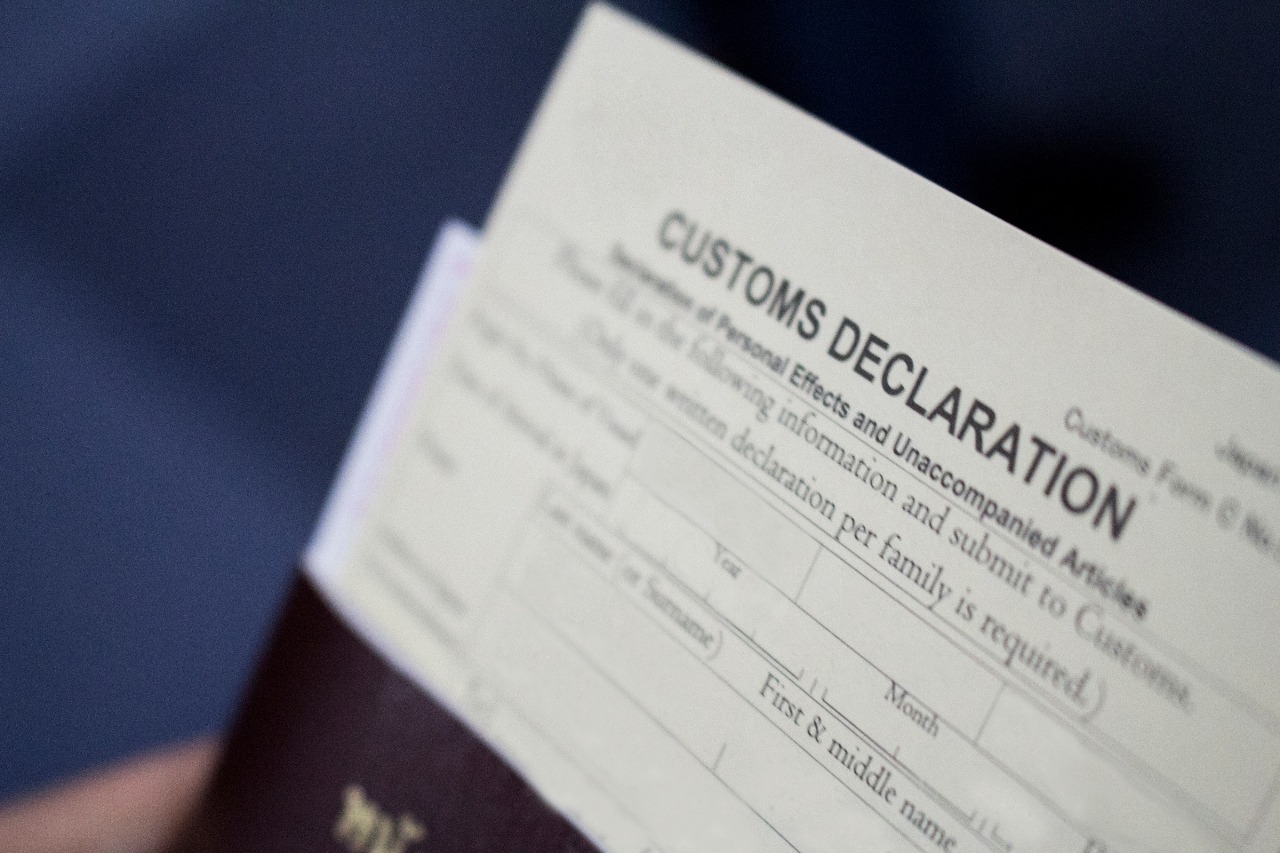Surging e-commerce demand calls for sophisticated logistical strategies to comply with customs and regulatory hurdles.
Recently, US Customs and Border Protection (CBP) released its E-Commerce Strategy, an overview of the ways in which the agency plans to ensure regulatory compliance even as the nature of trade evolves. As Acting Commissioner Kevin McAleenan explains, “E-commerce is growing exponentially as consumers are increasingly enabled to complete purchases online. CBP must adapt and increase its ability to address the facilitation and enforcement challenges it creates.”
However, the agency’s mission isn’t to make supply chain managers’ jobs more difficult but to lay the foundation for sustained e-commerce growth while simultaneously maintaining compliance with national and international regulations.
For businesses looking to scale in the e-commerce economy, CBP’s emphasis on facilitating private sector growth presents a unique opportunity. By investing in supply chain infrastructure that makes customs compliance more streamlined and cost-effective — or by working with a logistics provider with the necessary infrastructure of their own — shippers can prepare for long-term growth, and boost ROI while doing so.
Facilitating Trade, Ensuring Compliance
To meet challenges arising from the proliferation of e-commerce, CBP laid out four key goals:
- Enhance legal and regulatory authorities to better posture CBP and interagency partners to address emerging threats.
- Enhance and adapt all affected CBP operations to respond to emerging supply chain dynamics created by the rapid growth of e-commerce.
- Drive private sector compliance through enforcement resources and incentives.
- Facilitate international trade standards for e-commerce to support economic prosperity.
Because of the high volume of smaller parcels that are the bread and butter of e-commerce, it can be difficult for agencies to prioritize which packages merit further inspection. Accordingly, potentially criminal organizations may use these types of shipments to traffic unauthorized goods across national borders due to the perceived lower risk of interdiction, while other entities may attempt to shortchange the government on required customs duties.
With a regulatory strategy tailored to e-commerce, CBP will be better positioned to work with stakeholders to ensure compliance and standardize processing for just-in-time shipments. Taken together, these updated customs practices will make it easier for authorities to sort packages from trusted sources against those that require greater attention, a process that will help monitor international trade for possible threats or other illegal activity.
Overcoming Regulatory Obstacles
To better target non-compliant shipments — and to ensure that the US government is collecting the trade revenue it’s due — CBP is investing in a suite of sophisticated tools. For example, the agency’s data processing platforms will collect information provided by entities ranging from shippers, logistics providers, and carriers to other governments’ regulatory agencies in a more advanced way.
This process won’t start at the border, however. CBP, along with customs organizations around the world, plans on beginning the monitoring process with products themselves — even before they’re ready for inspection. Once these red flags are raised, CBP will have better tools at its disposal to understand the nature of goods, where they’re coming from, and who may be responsible for noncompliance.
In this new e-commerce strategy, the private sector will play a key role. By becoming a “known shipper” under CBP guidelines, for example, businesses can simultaneously streamline processing of their own products while freeing up the agency to focus on unverified shipments. With the right amount of attention paid to compliance, businesses can ensure that their supply chain doesn’t suffer from serious disruption while CBP rolls out its updates.
Navigating E-Commerce with Logistics Professionals
For businesses that are just venturing out into the world of e-commerce, international expansion represents an exciting step forward. However, meeting regulatory guidelines that vary widely from one country to the next — not to mention the ins and outs of large trading blocs such as the EU — can make it difficult to go it alone. With a third-party logistics (3PL) partner or integrated logistics services provider (ISP), businesses can prepare for sustainable growth on an international scale with the guidance and infrastructure of trusted industry professionals.
Primary Freight has over two decades of experience managing domestic and international logistics strategies. With an award-winning team that prioritizes long-term value over quick fixes, we’re tactically positioned to boost ROI for your business even as e-commerce causes industry-wide disruption. If you’re looking for a logistics provider who will be as interested in your success as you are, we’re standing by and ready to help.
Want to learn more about how you can grow your business with Primary Freight? Give us a call today at (800) 635-0013!
